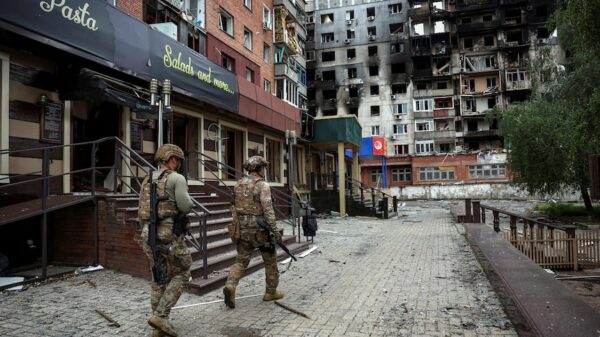In Perth, frontline workers, including those in care, education, and protection, are facing significant barriers to homeownership. The rising property prices in areas that were once considered affordable have pushed many of these essential workers out of the housing market. The situation highlights a growing crisis in the Western Australian capital, where the dream of owning a home is slipping away for those who contribute greatly to the community.
The 2023 property market data reveals a stark contrast in the affordability of homes in Perth. According to the Australian Bureau of Statistics, the median house price in the city surged to AU$575,000, reflecting a substantial increase compared to previous years. This rise in prices has made it increasingly difficult for many frontline workers to secure housing, particularly in suburbs that were once associated with affordability.
Impact on Essential Services
The implications of this trend extend beyond individual households. The lack of affordable housing is beginning to affect essential services across the region. For instance, many educators and healthcare professionals are now commuting from distant suburbs or even other cities, resulting in longer travel times and increased stress. This situation ultimately affects the quality of services provided to the community, as employees struggle to balance their work and personal lives.
The Real Estate Institute of Western Australia has noted that the challenges faced by frontline workers are not just about the rising costs but also about the limited availability of affordable homes. With significant demand for housing in these suburbs, prices are driven up, further excluding those who play critical roles in the community. Many workers express frustration and concern about their ability to remain in the regions where they serve.
Calls for Action and Solutions
In light of these challenges, various advocacy groups are urging government officials to address the housing affordability crisis. They propose initiatives that would increase the supply of affordable housing options specifically for frontline workers. Suggestions include the development of subsidized housing projects and incentives for developers to create affordable units.
Local government officials are taking note of these concerns. Some have committed to reviewing zoning laws and exploring partnerships with private developers to facilitate the construction of more affordable homes. The hope is that by acting decisively, they can retain essential workers in Perth and ensure that the community continues to benefit from their services.
As the housing market continues to evolve, the situation for Perth’s frontline workers remains precarious. Unless tangible solutions are implemented, the risk of losing vital community members will grow, impacting the fabric of society in Western Australia. The ongoing dialogue surrounding this issue is critical, as it highlights the need for a balanced approach to housing that considers both economic growth and the welfare of those who serve the community.


































































